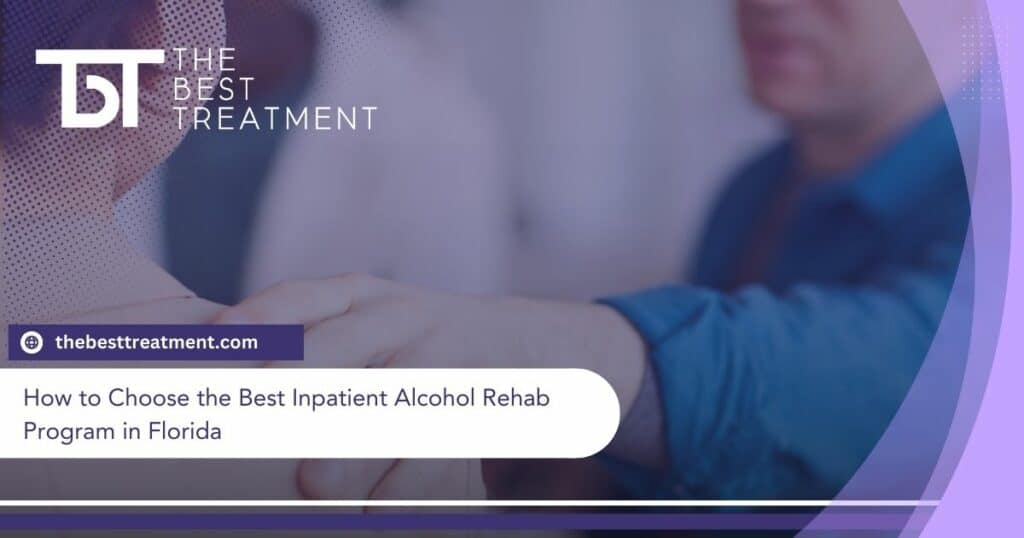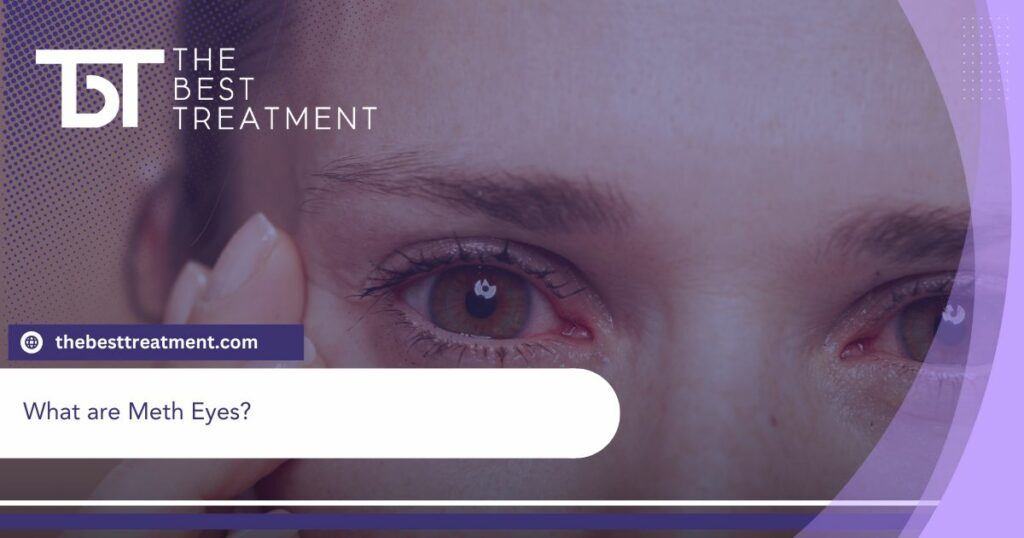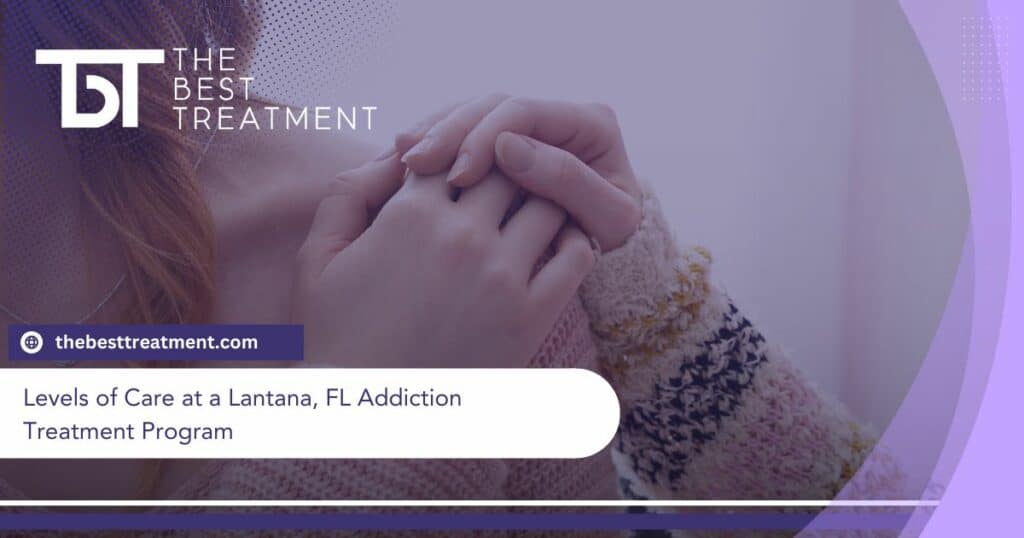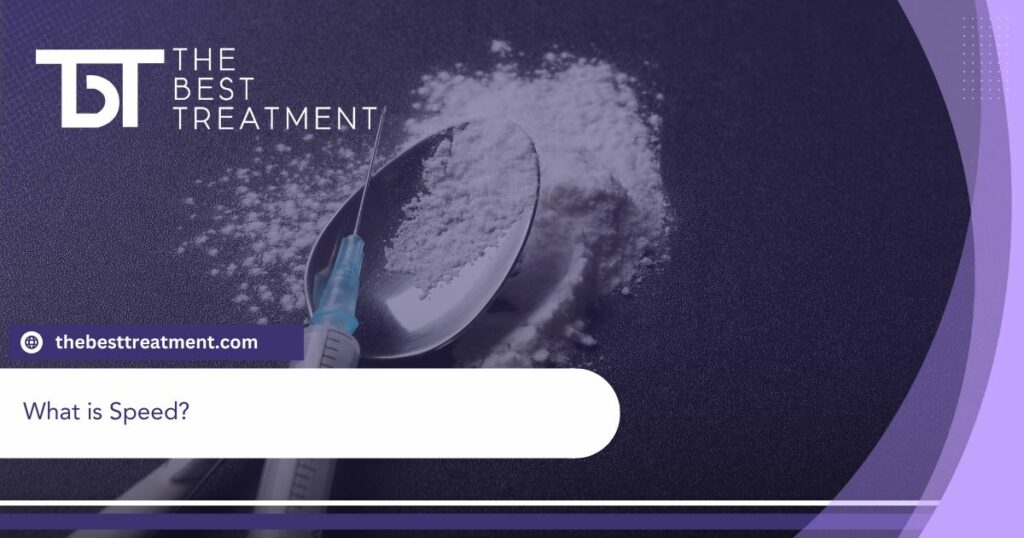Table of Contents
Dealing with urges and cravings related to alcohol use disorder is extremely difficult, especially when you are attempting to stay sober. While there is no magic cure for alcohol cravings, there are a few ways to cope with them. In other words, there are a variety of ways individuals may overcome, reduce, or eliminate their cravings and urges to abuse alcohol.
If you or a loved one struggle with alcohol cravings, it is recommended to attend a professional alcohol rehab that includes medication-assisted alcohol detox. However, some individuals may find themselves unable to afford treatment or are stuck waiting for a room to become available at their alcohol rehab of choice. Oftentimes, this leads individuals to deal with uncomfortable urges and intense cravings to continue abusing alcohol. To avoid this, we have created a comprehensive six-tip guide on how to overcome alcohol cravings.
#1. Avoid Triggers
If you are in the early stages of recovery from alcoholism, you may be dealing with frequent triggers. Triggers are characterized by people, places, or things that cause an individual to begin craving a drink. Learning how to identify and avoid your triggers could be the difference between remaining sober and relapsing.
Let’s say you used to drink at a specific bar every Friday night with your coworkers. It would be in poor judgment to continue attending your weekly social gathering, due to the probability of being triggered to drink. Instead, make plans with sober friends, family, or support to avoid being triggered to abuse alcohol.
#2. Distract Yourself
If you find yourself in a situation where your triggers cannot be avoided, distracting yourself could be a powerful tool. Once you experience an urge or craving for alcohol, find an activity to partake in that may distract you from these feelings. After some time, you should notice that the cravings to drink have passed. However, if your urges are still present, you may want to call sober support to help distract you or talk to you through your alcohol cravings so you can overcome them.
#3. Question the Urge
Oftentimes, it is beneficial to recognize your cravings and urges to drink as a cue or signal. Your mind and body are telling you to have a drink, however, you do not have to let this control you. Instead, question your cravings and urges.
Ask yourself, “what would having a drink accomplish right now?”
Usually, this will help you to realize that drinking alcohol will only produce negative side-effects. Sure, your cravings may go away – for now. However, succumbing to your cravings will only begin a cycle of getting sober and relapsing as soon as you feel an urge to drink. Additionally, noticing the urge and questioning it can cause you to begin utilizing coping strategies as you need them.
#4. Use the DISARM Method
Another coping strategy that can help you overcome alcohol cravings is known as the DISARM Method. This method is widely popular among individuals in recovery from alcohol and is most notably used in SMART Recovery (a popular addiction recovery support group). There are 3 steps to the DISARM method, they include:
Naming the Urge
Name your urges as if they are another being or entity. You should pick a name for your urges that is imaginative, strong, and important to you. Some people may name their urges something like, “The Enemy”, or “The Inner Demon”. Pick a name that best describes your experiences with your urges and cravings to use alcohol.
Awareness
Next, individuals should develop the ability to identify their urges and cravings early on. In other words, be aware of your urges as they arise. Also, you should discover the earliest red flags that point to the emergence of cravings or urges for alcohol. This prevents individuals from being caught off guard, allowing them to be armed and ready to overcome their alcohol cravings.
Refusal
Lastly, individuals should immediately refuse their urges. Whether this means literally refusing a drink or refusing to entertain the idea, this stage of the DISARM method is extremely important. Refusing to succumb to your urges is, in fact, the difference between sobriety and relapse.
#5. Practice Drink Refusal
If you find yourself in a situation where you have been offered a drink, it is important to be able to refuse it. Refusing alcohol in a direct and assertive way is a skill that allows you to overcome the pressure of being offered a drink, and ultimately your alcohol cravings.
To refuse a drink in a direct and assertive manner, consider doing the following:
- Make eye contact to show you mean what you are saying.
- Reply in a clear and firm voice without hesitation.
- Say “no” to the drink offering. You could change the subject or ask for an alternative to alcohol.
- If someone keeps pushing you to take the drink, ask them to stop firmly.’
- Understand that you don’t have to feel guilty for not wanting to drink. Your choices and needs are valid.
- Practice your replies if you need to. You want to get to the point that saying “no” becomes easy.
#6. Use Medication
If you find yourself dealing with unmanageable cravings and urges for alcohol, you may want to consider trying medication.
Naltrexone is a prescription medication in a pill-form that reduces an individual’s urges and cravings to drink or use drugs. Vivitrol, on the other hand, is a once-a-month injection version of Naltrexone. Vivitrol is considered to be more expensive than Naltrexone. However, it is only utilized once a month, whereas Naltrexone is a daily medication.
Typically, it is recommended to utilize anti-alcohol craving medication under the direction of a professional alcoholism treatment center.
Learn How to Overcome Alcoholism and Alcohol Cravings Today
If you or a loved one deal with constant and unmanageable alcohol cravings, it’s time to attend alcohol addiction treatment. At the Best Treatment Center, we understand the urgency of professional treatment for substance abuse and promptly treat both the mental and physical aspects of alcoholism.
“Our alcohol addiction treatment program includes intense therapy sessions with a variety of both individual and group settings. We believe in educating our clients on the disease of addiction, relapse prevention, discharge planning, and lifelong assistance from The Best Treatment.
At The Best Treatment Center, we believe in providing our clients with all the tools needed in order to continue through life after treatment happy, successful, and hopeful for their new life substance-free.”
Contact us today to learn more about the alcohol rehab programs provided by The Best Treatment Center.
Medically Reviewed: September 25, 2019

All of the information on this page has been reviewed and verified by a certified addiction professional.










